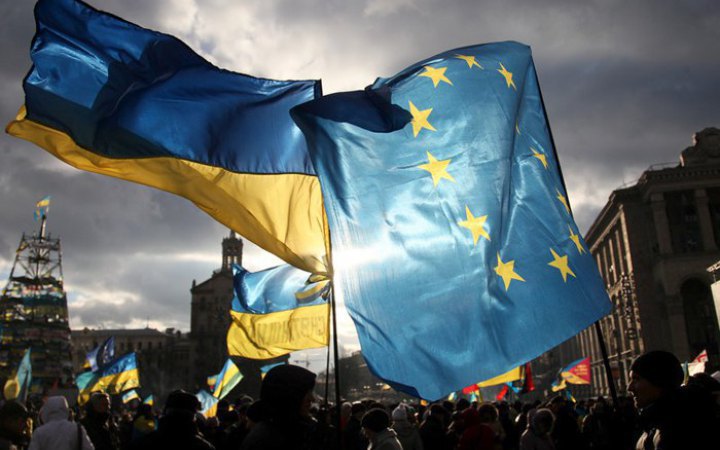The European Parliament Committee has supported the European Commission's proposal to extend duty-free trade for Ukraine for another year. Earlier, the same decision was approved by the ambassadors of the EU member states within the framework of COREPER. This was announced by Taras Kachka, Deputy Minister for Development of Economy, Trade and Agriculture and Trade Representative of Ukraine.
He noted that this procedural vote triggers the political approval of this decision, which should take place without discussion.
"A week ago, more than 100 amendments were submitted to the European Commission's proposal in the agriculture and trade committee. Almost all of them proposed to narrow access to the EU market for Ukrainian products. The reason for this was the demands of farmers and the upcoming European Parliament elections. Through active work with member states, especially Poland, European institutions and MEPs, we managed to reduce the number of amendments to be voted on to two. And they did not get enough votes. This alone means that normal European politics is taking precedence over the race for media-friendly solutions. In the end, no matter how difficult it is to build the EU's internal agricultural policy, the support of the European Parliament is politically important for us. We don't want anyone to speculate that selfishness prevails over solidarity with Ukraine," Kachka wrote on Facebook.
He also noted that this was the first practical "training" on the accession negotiations in terms of agricultural policy. "The next event is the Ukrainian-Polish intergovernmental commission on Monday and the next round of intensive negotiations," the Ukrainian representative said.
Earlier, Kachka also said that Ukraine and Poland are working on a constructive solution to unblock the border and take into account the interests of farmers in both countries.
In January, the European Commission proposed to extend the "economic visa-free regime" for Ukraine for another year, but with changes. For the most sensitive products - poultry, eggs and sugar - an emergency brake is envisaged, which would stabilise imports at the level of average imports in 2022 and 2023.








